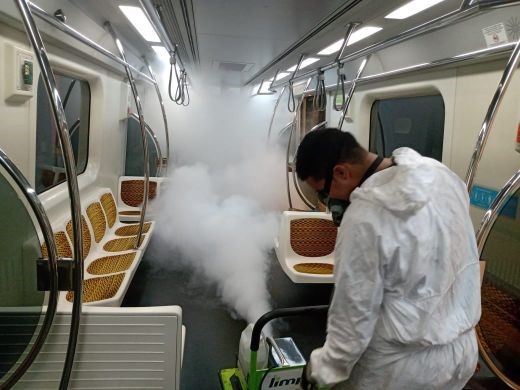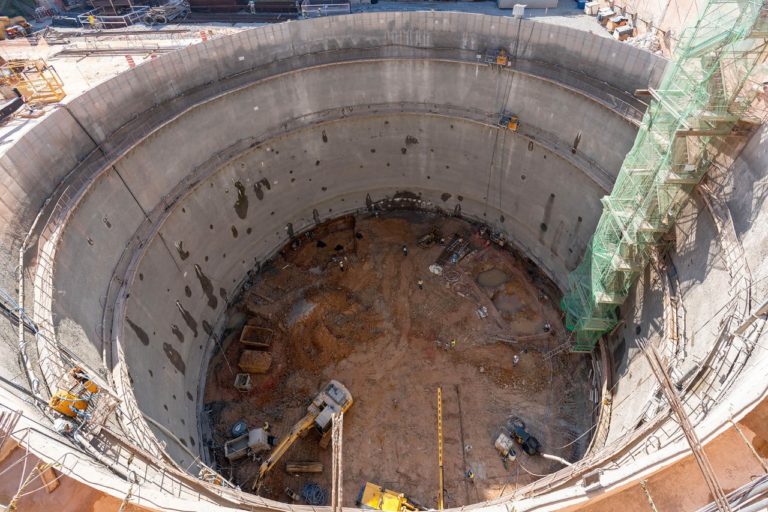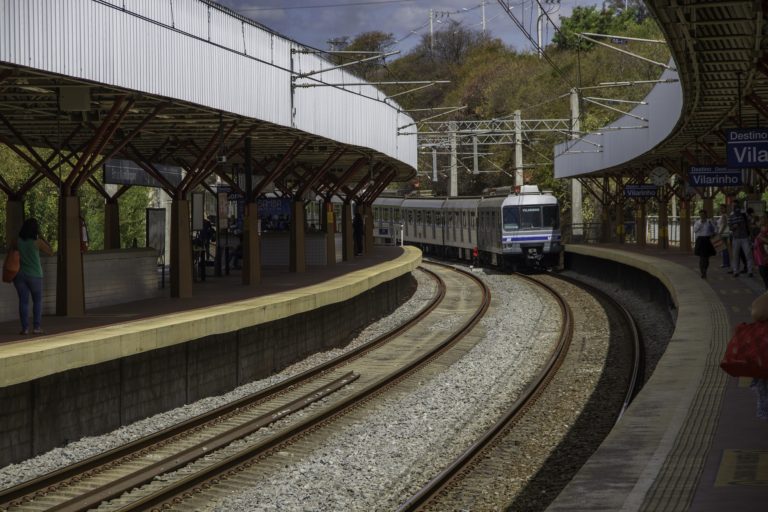Operators of Brazilian metro rail systems are using specific technologies and products to clean trains and stations as part of measures to fight coronavirus.
Trensurb, operator of the urban train system in the Metropolitan Region of Porto Alegre, in southern Brazil, started the test of using a sanitizer that consists of a fifth generation ammonium quaternary with silver nanotechnology. According to the manufacturer, the disinfectant protects surfaces for up to seven days and supports over a thousand contaminating touches a day.
The test is being carried out, initially, at Trensurb’s headquarters and at a station, in the area of a ticket office and a turnstile, and detects the presence of microorganisms and organic residues on surfaces based on the measurement of the amount of adenosine triphosphate (ATP), source of energy present in living cells. The measurement was carried out before and after the application of the product and will be repeated in seven days in order to indicate the efficacy of the sanitizer.
On the subway lines 4-Yellow and 5-Lilac in the city of São Paulo, operated, respectively, by ViaQuatro and ViaMobilidade, daily before entering into operation, the trains go through an innovative process of cleaning with nebulization of a specific product for eliminate bacteria, fungi, germs and viruses, including the coronavirus, in addition to the usual manual cleaning. The product is effective for 72 hours against microorganisms, although its dry mist dissipates in a maximum of 6 minutes.
Both products are registered with the National Health Surveillance Agency (Anvisa) and efficiency reports against several disease-causing microorganisms, including the coronavirus.
Read more:
Trensurb tests sanitizer that keeps environments protected for up to seven days
in Portuguese
Trains on subway lines 4-Yellow and 5-Lilac subway lines are disinfected daily by a misting system
in Portuguese





